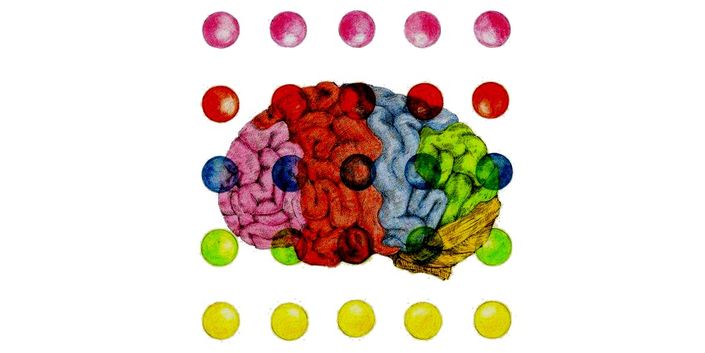Want to start your clinical sessions by activating your clients brain systems? This course helps you set the stage for an active and present therapeutic relationship, one that provides relational connection and safeness. Learn this innovative way to be more emotionally activating via experiential learning, video interviews and demonstrations of live therapeutic connection. Our experiential exercises bring your learning to life and ensure you can make immediate use of the skills you are developing. Want to activate primary approach emotional systems inside you and in your clients? This is the course for you! Created by Jessica Bolton with Terry & Beatriz Sheldon
health professionals
attachment
mindbody
CIMBS

What you will get:
Last updated: 14 September 2018
This course is intended to inspire and train therapists in using the Initial Directed Activation. The initial Directed Activation sets the stage of an active and present therpaeutic attachment relationship, mobilizes high levels of emotional activation and provides relational connection and safeness.
We had planned this to be a short course, but to do this process justice we have created over 3 hours of videos with demonstrations, interviews and practices for you. Almost all videos are transcribed so that you can read and digest that which you have listened and watched. With an additional two hours of interactive questions and reflective moments; we are deliberately attending to the multiple mediums in which your learning occurs.
And the impact of this training? Creating a transparent collaborative alliance enables the patient to work effectively with high levels of activation, building on their strengths and capacity, and disentangling these from their anxiety, shame and guilt.
We will teach you about and demonstrate how to use the Initial Directed Activation. Most importantly, we will provide opportunities for you to practice and learn the Initial Directed Activation to enhance your psychotherapy practice and maximise your effectiveness.
Presentations and interviews teach you about CIMBS, the Initial Directed Activation and the techniques involved in this ground-breaking therapy. Multiple demonstrations will show the actual use of the techniques with a variety of people. There are also exercises enabling you to deliberately practice the skills and techniques, to ensure you bridge your learning from this course on your computer into your practice with your clients.
Access to a computer, tablet or mobile phone with an internet connection. Experience may not be optimal on a phone or smaller tablet so we urge you to use a desktop whenever possible.
To have a background of working therapeutically with clients. This course is designed to be helpful for trained and training therapists, coaches and counsellors.
It is likely to benefit a whole variety of health, education, wellbeing and social care professionals who need to develop active and effective relationships with their clients or patients.